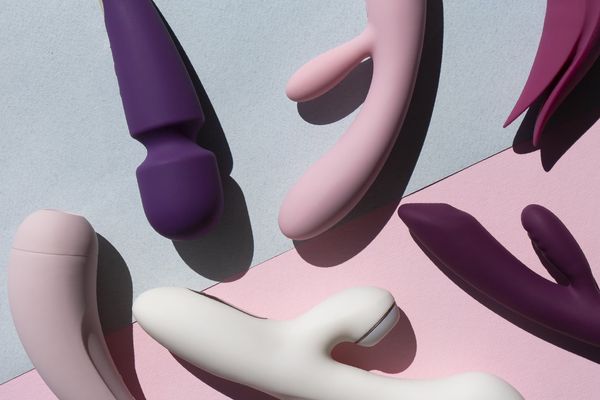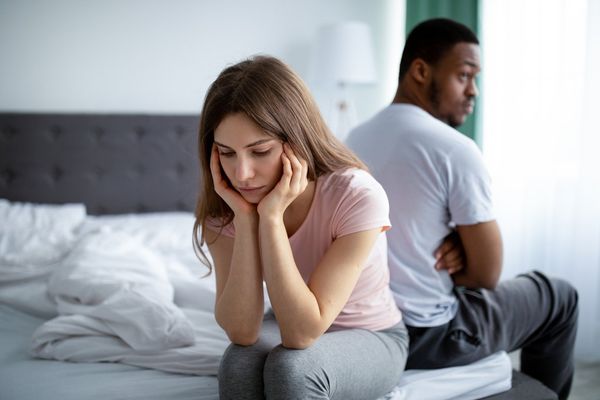While hormones play an important part when it comes to sex and desire, their role is complex, intertwined and, despite years of research, still difficult to pin down.
Here's what we do know: While numerous hormones are involved in sexual desire and sex itself, two of the main ones appear to be estrogen and testosterone.
Estrogen. You know this hormone primarily for the role it plays in fertility and reproduction (and staving off those hot flashes). But estrogen is to your vulva and vagina what moisturizer is to your face—critical for keeping things moist, flexible and healthy down there.
With less estrogen comes vulvar and vaginal changes, some of them significant. The genital tissue can become dry and less acidic, increasing the risk of infection. It takes longer to get lubricated for sex, even if you're full of desire. Over time, estrogen deficiency can lead to more significant changes in the entire urinary and genital area, including reduced blood flow to the vagina. The result: dryness, irritation and pain upon intercourse, also called "dyspareunia."
Estrogen loss can also lead to changes in the size and sensitivity of the vulva, vagina and clitoris as well as reducing blood flow to these areas.
Testosterone. You might think of testosterone as a male only hormone, but all women produce some testosterone, just as all men produce some estrogen. Much of our testosterone is produced by the ovaries.
Unlike estrogen, testosterone levels don't suddenly plummet at menopause, but, rather, decline gradually beginning in your mid-20s. By the time you reach menopause, your body is producing about half as much as it did when you were in your 20s.
Researchers are still debating testosterone's role in women's sexuality. They think it contributes to blood flow and arousal of the clitoris and labia (the tissue around the vagina) which, in turn, contributes to arousability and orgasm. Hormone receptors are prevalent in the hypothalamus, the part of the brain that controls sexual function and mood. So, it appears that both estrogen and testosterone may influence getting a woman "in the mood."
The exact role that testosterone plays in female sexual desire is still being determined. Some studies connect abnormally low levels of testosterone with lack of desire; others don't. More research is needed to define the significance of testosterone levels in women and what constitutes "normal" testosterone levels in postmenopausal women.







